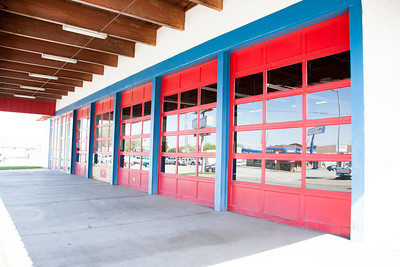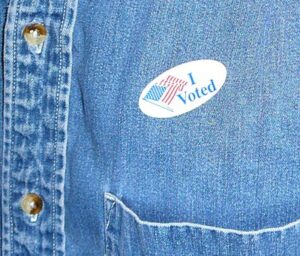Michigan community colleges will soon be awash in students, thanks to the CARES-funded Futures for Frontliners program. As of last week, about 70,000 of the state’s estimated 625,000 eligible workers have applied for the program. F4F is a “last dollar” program, meaning that eligible students will use need-based financial aid first. The F4F program will pay the remainder of the students’ cost of attendance. Free community college programs have garnered new attention as a way to boost sagging college enrollment.
Alamo Colleges in Texas are also offering a free community college program to graduating high school seniors, thanks to a major gift of $2M from insurance company USAA. In addition, the City of San Antonio added $1.1M to the program. Both F4F and the “San Antonio Promise” are large-scale programs. But community colleges can also offer effective small-scale programs to boost enrollment. In some cases, a small-scale approach may be more attractive to donors. It may better meet specific needs in a community.
Sponsorships can also mean free community college
For example, to sponsor a Washtenaw Community College student in a 60-hour degree program would cost about $8,000 per student. This figure covers the cost of in-district tuition, fees and books. It may leave some additional funds for transportation or other costs associated with attendance.
For many businesses, an $8,000 “student sponsorship” is an attractive charitable donation. Sponsoring a student may be even more attractive if a degree program generates prospective employees for the sponsor. For example, not too long ago, I had a conversation with the owner of a multi-bay auto repair shop in Ann Arbor. I mentioned that my son is studying in the automotive repair program at WCC. He asked me to have my son come to the shop to talk with him. He explained that he has a chronic problem finding young mechanics. I looked at employee reviews of his place of business. The employees there consistently gave the shop owner high marks, so the owner’s problem finding qualified mechanics was probably not related to the work environment or the pay. It’s just that there is a shortage of mechanics.
In this case, a repair shop owner may be willing to sponsor a student’s studies, and potentially provide hand’s-on experience for the sponsored student. This arrangement puts a student through school, gives him or her connections in a repair shop and enables the business to source qualified employees. A coordinated program of sponsorship becomes a free community college opportunity on a small scale.
Free community college requires creativity and commitment at the top
There are lots of ways to put students into community college classrooms at no cost to the student. Free community college programs make a lot of sense for the community college and local employers who struggle to find qualified, well-trained employees.
At Washtenaw Community College, free community college engenders suspicion on the part of the Administration and certain members of the Board of Trustees. I will be interested to see the result of the Futures for Frontliners program, and its impact on our community. At the same time, I recognize that we need more Trustees who are enthusiastic about creative solutions for bringing more students to campus. We need fewer Trustees who reject free community college proposals out-of-hand.
WCCWatch: Martin Thomas | WCCWatch: David DeVarti | WCCWatch: Christina Fleming | WCCWatch: Ruth Hatcher
Photo Credit: franchiseopportunities.com, via Flickr


































